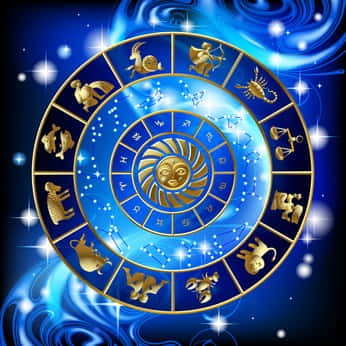Vedic astrology Basics
Share this post
Vedic astrology, also known as Jyotish Shastra, is an ancient Indian system of astrology that has been practiced for thousands of years. Here are some basics of Vedic astrology:
-
Foundations: Vedic astrology is based on the belief that celestial bodies, including planets and constellations, influence human affairs and earthly events. It is rooted in the concept of karma and destiny, suggesting that planetary positions at the time of one's birth can provide insights into their life's path and potential.
-
Birth Chart: A key component of Vedic astrology is the birth chart, also known as the "kundli" or "janam kundali." The birth chart is a map of the celestial bodies' positions at the exact time and location of an individual's birth. It consists of twelve houses, each representing different areas of life, and nine planets, including the Sun and Moon.
-
Planetary Influences: In Vedic astrology, each planet is associated with specific qualities, energies, and significations. For example, the Sun represents vitality, authority, and fatherly figures, while the Moon signifies emotions, nurturing, and motherly figures. The planets' positions in the birth chart and their interactions with each other can influence various aspects of an individual's life, such as personality, career, relationships, and health.
-
Zodiac Signs and Nakshatras: Vedic astrology uses a sidereal zodiac, which is based on the actual positions of constellations in the sky. The zodiac is divided into twelve equal segments, each corresponding to a specific sign or "rashi." Additionally, the zodiac is further divided into 27 lunar mansions or "nakshatras," each associated with specific qualities and ruling deities.
-
Dashas and Transits: Vedic astrology utilizes predictive techniques such as dashas (planetary periods) and transits to forecast future events and trends in an individual's life. Dashas are periods of time during which specific planets exert heightened influence, while transits involve the movement of planets through different signs and houses, impacting various areas of life.
-
Remedial Measures: Vedic astrology often suggests remedial measures, known as "upayas," to mitigate negative influences or enhance positive ones in an individual's life. Remedies may include wearing gemstones associated with beneficial planets, performing rituals, reciting mantras, observing fasting, or making charitable donations.
-
Consultation with Astrologers: In Vedic astrology, individuals often consult with professional astrologers for insights into their birth charts, guidance on important life decisions, and remedies for challenges they may face. Astrologers analyze birth charts using various techniques and offer personalized interpretations and recommendations based on their expertise.
These are just a few basics of Vedic astrology, which encompasses a vast body of knowledge and techniques for understanding human existence and the cosmos. It is a profound and multifaceted system that continues to be practiced and revered by millions of people worldwide.
Similar Posts : Vedic astrology Basics, See Also:Vedic astrology Basics
Comments